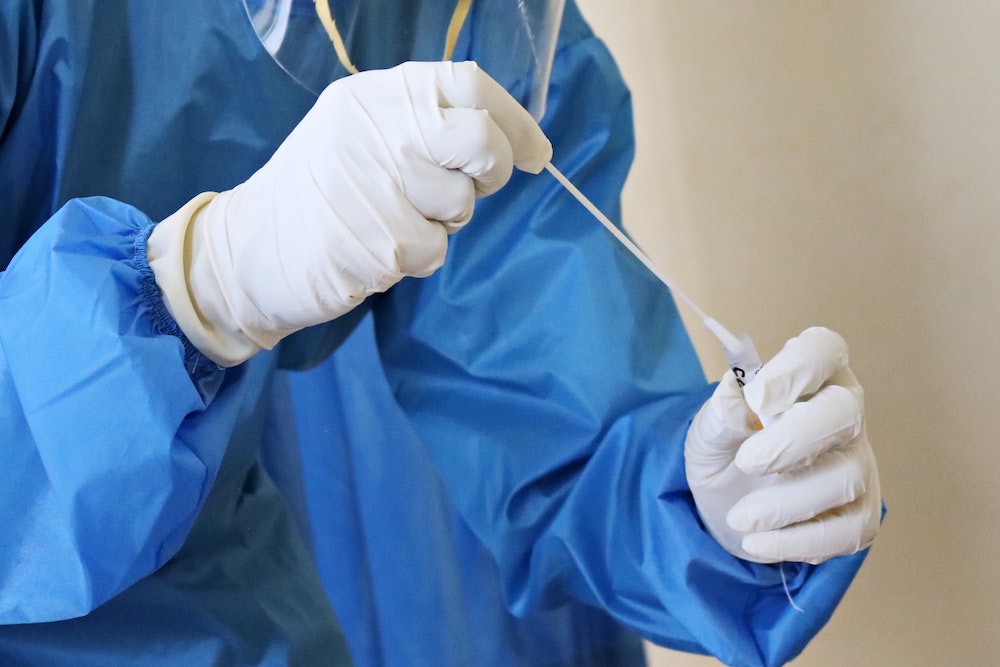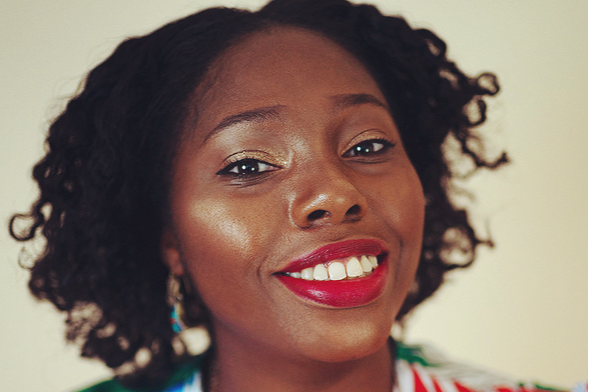For some people, recovering from COVID-19 can be a long process, with symptoms lasting for many weeks and months after infection.
You may feel breathless or struggle with extreme tiredness (fatigue), memory and concentration problems (brain fog), muscle pain or sleep problems. Symptoms like these can be both physically and mentally draining, and in some cases may make it hard for you to go to work or manage your normal day-to-day activities.
Having lasting effects like this after a COVID-19 infection is known as long COVID. There’s still a lot we don’t know about this condition. But there’s growing evidence that women have a higher risk of developing it.
A study in Paris during the first wave of the pandemic found that among people who reported longer-term COVID symptoms, women outnumbered men 4 to 1. And the average age of these women was 40.
At this sort of age, you’re also more likely to be busy juggling various responsibilities, such as work, children and caring for ageing relatives. This means long COVID could have a really big impact on your quality of life.
So why might women be more affected, and what can you do to help yourself? Read on to learn the latest evidence and theories about women and long COVID.
Are women more likely to get long COVID?
While evidence shows that men are more likely to become very ill or die from COVID-19, research suggests that women are at higher risk of developing long COVID – and particularly middle-aged women.
Long COVID more likely in women who are hospitalised with COVID-19
In people who are hospitalised with COVID-19, some research has found the difference between the sexes to be quite dramatic.
For example, a UK study found that women under 50 were 5 times less likely to say they were fully recovered than men of the same age, when asked about symptoms at least 3 months after being discharged.
Women were also twice as likely to report worse fatigue and 7 times more likely to become more breathless, as well as being more likely to have greater disability.
Other research has had similar findings. In a UK study of people with COVID-19 who’d been discharged from hospital an average of 5 months ago, it was women aged 40-60 who were most likely to report long COVID symptoms.
Long COVID more likely in women who have mild COVID-19 symptoms
A study of people who’d mostly had mild COVID-19 infections and weren’t hospitalised also suggests that women are more likely to be affected by long COVID.
The researchers found that among people who had symptoms of long COVID 4 months after infection, 68.3% were women – more than double the number of men (31.7%).
Which symptoms of long COVID affect women more than men?
Long COVID is an area of ongoing research, and as yet there are no definite answers. But the results of a Spanish study of nearly 2,000 people who’d been hospitalised with COVID-19 suggest that women have a higher risk of developing certain long COVID symptoms.
It found up to 60% of people had long COVID symptoms 8 months after infection. Women were more likely to have more symptoms – an average of 2.25, compared with 1.5 for men. And among those with symptoms, 43.9% of women had 3 or more symptoms, compared with just 23.25% of men.
What’s more, certain long COVID symptoms were reported more often by women than men:
- fatigue – reported by 68.1% of women and 55.3% of men
- breathlessness on exertion – 59.9% of women and 48% of men
- pain (including headaches) – 50.4% of women and 40.4% of men
- poor sleep – 41.9% of women and 27.6% of men
- hair loss – 37.3% of women and 12.2% of men
- depression – 23.7% of women and 14.8% of men
Read more about hair loss after COVID-19.
Find out whether long COVID can affect your period.

Why are women more at risk of long COVID?
At present, scientists don’t know why women seem to be more likely to get long COVID, and more research is needed. There are a few theories about possible factors that are involved.
Your immune system
Research shows women generally have a stronger immune response than men. As well as being a possible explanation for why men are more likely to get seriously ill from COVID-19, it’s thought this strong immune response may also produce more long-lasting symptoms.
One theory is that long COVID is in part caused by your immune system turning on itself and attacking your body by mistake – what’s known as ‘autoimmunity’.
Women are more likely to get autoimmune conditions, so this would fit with women being more prone to long COVID. Scientists are researching immune markers called ‘autoantibodies’ that could be tested, so we may know more in the future.
Your hormones
Some experts have suggested the female hormone oestrogen may play a role in long COVID. It’s thought that COVID-19 could temporarily disrupt oestrogen production, causing symptoms of long COVID such as fatigue, brain fog and joint pain. All these symptoms overlap with symptoms of the menopause (when your oestrgoen levels fall).
Other possible factors
- women are more likely to see a doctor about symptoms than men – it could be that rather than being more at risk of getting long COVID, women are better at reporting it and seeking help
- research has shown women are often more responsible for domestic tasks and childcare than men – particularly during lockdowns, when many women also home-schooled children. It could be that because of this, women may be less able to rest and gradually ease back into daily activities, which may affect recovery from COVID-19
Do I have long COVID or is it the menopause?
Many of the symptoms of long COVID, such as fatigue, brain fog and low mood, are also common during menopause and the time leading up to it (perimenopause). So there’s a possibility that your symptoms could be dismissed, misdiagnosed or untreated.
If you have lingering symptoms after being ill with COVID-19 and you’re not sure what’s causing them, talk to your doctor. They will look at your medical history, and if necessary they may order tests to help work out what’s causing your symptoms. Read about how menopause is diagnosed.
Remember that long COVID is a recognised condition. It isn’t something that’s psychological, or ‘all in your head’. And whether it’s long COVID, menopause or something else that’s causing your symptoms, it’s important that you get medical help if you need it.
Find out more about how to get the right diagnosis in do I have long COVID or is it something else?
Long COVID treatment
If you’re dealing with long COVID, you may feel like you’ll never get back to normal. But there is help available.
Although as yet there’s no cure-all treatment for long COVID, individual symptoms – such as long COVID fatigue, brain fog, breathlessness, anxiety and sleep problems – can be managed with self-help measures and treatments.
Your long COVID treatment and recovery plan has detailed advice on how to manage long COVID symptoms. You’ll also find information about where to get more support, and when you might need a referral to a specialist or a long COVID clinic.
You can also read about how to exercise safely during your recovery in exercise and long COVID.
How long will long COVID last?
Long COVID is still a relatively new condition, so we don’t know for sure how long it can last.
The evidence so far shows it can take time to recover, varying from a few weeks to several months, or even years. But for most people, symptoms improve over time. Read the latest research about how long the symptoms of long COVID can last.







